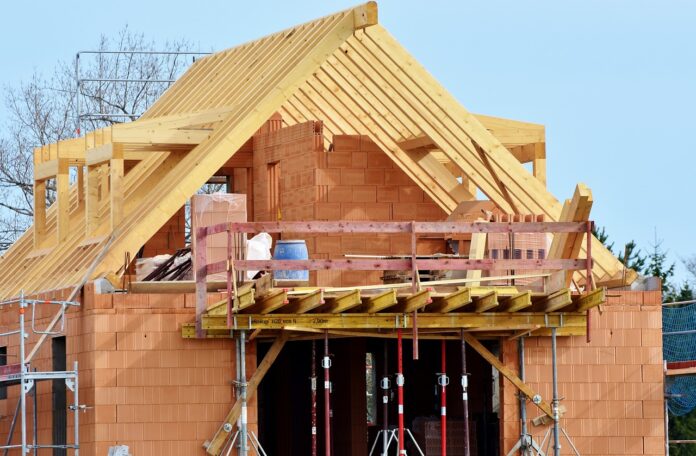The construction industry places a premium on following all applicable rules and regulations. Obtaining building permits is an important part of this compliance. Building permits are necessary for many reasons, and although they may be annoying to some, they are really quite useful for the community and the property owner. It is impossible to overestimate the significance of building permits, which serve to guarantee structural integrity, uphold property values, encourage responsibility, and prevent accidents. PermittingPlus is the solution to all your permitting needs as they have extensive knowledge in this field and can help you with acquiring building permits.
Ensuring Safety and Structural Integrity:
Guaranteeing the safety of occupants and the stability of the structure itself is the main purpose of the building permit process. To reduce the likelihood of fires, structural collapses, and health problems, building rules are enforced through the permitting process.
Possession of a construction permit represents an owner’s promise to adhere to certain rules and regulations, which are established after careful consideration of relevant documentation, current practices in the field, and other relevant factors. Authorities can reduce the possibility of accidents, injuries, or property damage by conducting thorough inspections at different phases of the construction process to ensure that the project follows these criteria.
Adherence to Zoning Rules:
Ensuring compliance with zoning restrictions is another important function of building permits. Building height, delays, site coverage, and land use are just a few of the aspects that zoning rules handle when deciding how properties can be utilized and developed within a specific jurisdiction.
In order to promote orderly development, safeguard regional nature, and prevent conflicting land uses, authorities must examine planned construction projects within the context of zoning restrictions. In the long run, this helps property values stay stable, keeps neighbors from dispute, and keeps communities peaceful.
Controlling Quality and Being Accountable:
In order to get a building permit, you have to submit comprehensive blueprints and specifications for the building authority to look over. Owners and contractors are encouraged to thoroughly assess the project in all its aspects prior to beginning construction through this process. Officials can find problems, provide advice on hownto comply, and check that the planned work is up to standard by reviewing these papers.
All parties participating in the building project are encouraged to take responsibility through the permit process. The possibility of poor workmanship or cutting costs is reduced because contractors are responsible for following authorized blueprints and building requirements. In the end, it is the property owners who must ensure that any construction done on their land complies with all applicable laws and standards for safety.
Protection of Real Estate Investments:
The issuance of building licenses is also crucial in maintaining community property values. Permitted properties are more likely to be built to code, to be aesthetically pleasing, and to be compatible with their neighbors. This boosts the neighborhood’s attractiveness and makes people feel good about living there.
On the other side, property values and the overall beauty of a community might take a hit due to illegal building. There is a lack of supervision and inspection with unapproved constructions or renovations, which can put people in danger or cause structural problems; it also violates zoning restrictions. Buyers and lenders may be hesitant to work with non-compliant buildings due to concerns about unknown liabilities or code violations, which can make property transactions more complex.
Potential Financial and Legal Repercussions:
Both homeowners and contractors run the risk of facing legal and financial repercussions if they do not secure a building permit. Building regulators can suspend construction, fine violators, or even force the demolition of structures that do not meet their standards. To ensure their properties are in accordance with zoning restrictions and construction codes, some property owners may be forced to invest expensive remedial costs.
In addition, homeowners’ insurance and liability insurance can be at risk during unlicensed construction. All renovations and additions must adhere to local, state, and federal building codes and regulations before an insurance company will cover them. Property owners expose themselves to unanticipated liabilities in the case of accidents or property damage if they fail to secure the necessary permits, which can lead to claim denials or higher rates.
Help keep news FREE for our readers
Supporting your local community newspaper/online news outlet is crucial now more than ever. If you believe in independent journalism, then consider making a valuable contribution by making a one-time or monthly donation. We operate in rural areas where providing unbiased news can be challenging. Read More About Supporting The West Wales Chronicle

























